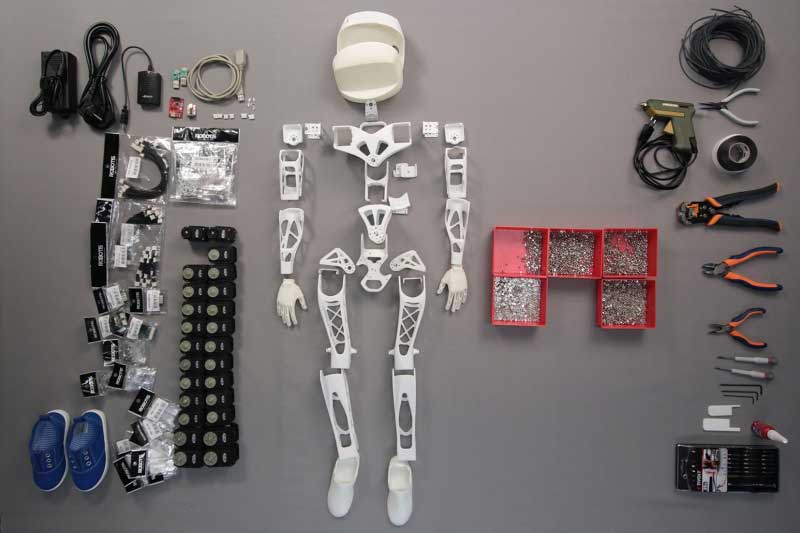Lifeboat Foundation — Futurism Update — Feb/23/2015 — http://www.AMAZON.com/author/agostini
FORBES: Why Information Security Is Everybody’s Business Now http://www.forbes.com/sites/sungardas/2015/02/05/why-informa…iness-now/
SCIENTIFIC AMERICAN: Physics Week in Review (Valentine’s Edition): February 14, 2015 http://blogs.scientificamerican.com/cocktail-party-physics/2…A_Facebook
SCIENTIFIC AMERICAN: How to Choose the Form of an Infographic: It’s All about Context http://blogs.scientificamerican.com/sa-visual/2015/02/10/how…A_Facebook
WORLD ECONOMIC FORUM: Has there been an erosion of trust in politics since the global economy crashed in 2008? http://wef.ch/1z1XoEy
CNET: Facebook launches social network for security pros. Facebook’s new ThreatExchange will allow corporate security professionals to share cybersecurity information and better protect themselves from hackers. http://www.cnet.com/uk/news/facebook-launches-social-network…ign=buffer
THE ECONOMIST: Unless Syriza changes course, Greece is inexorably heading out of the euro http://econ.st/1FOxfdn









